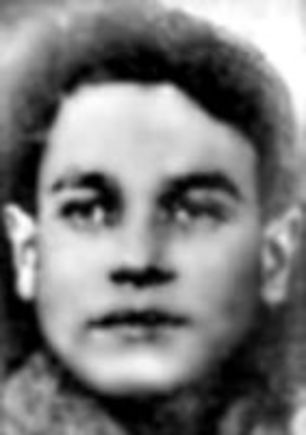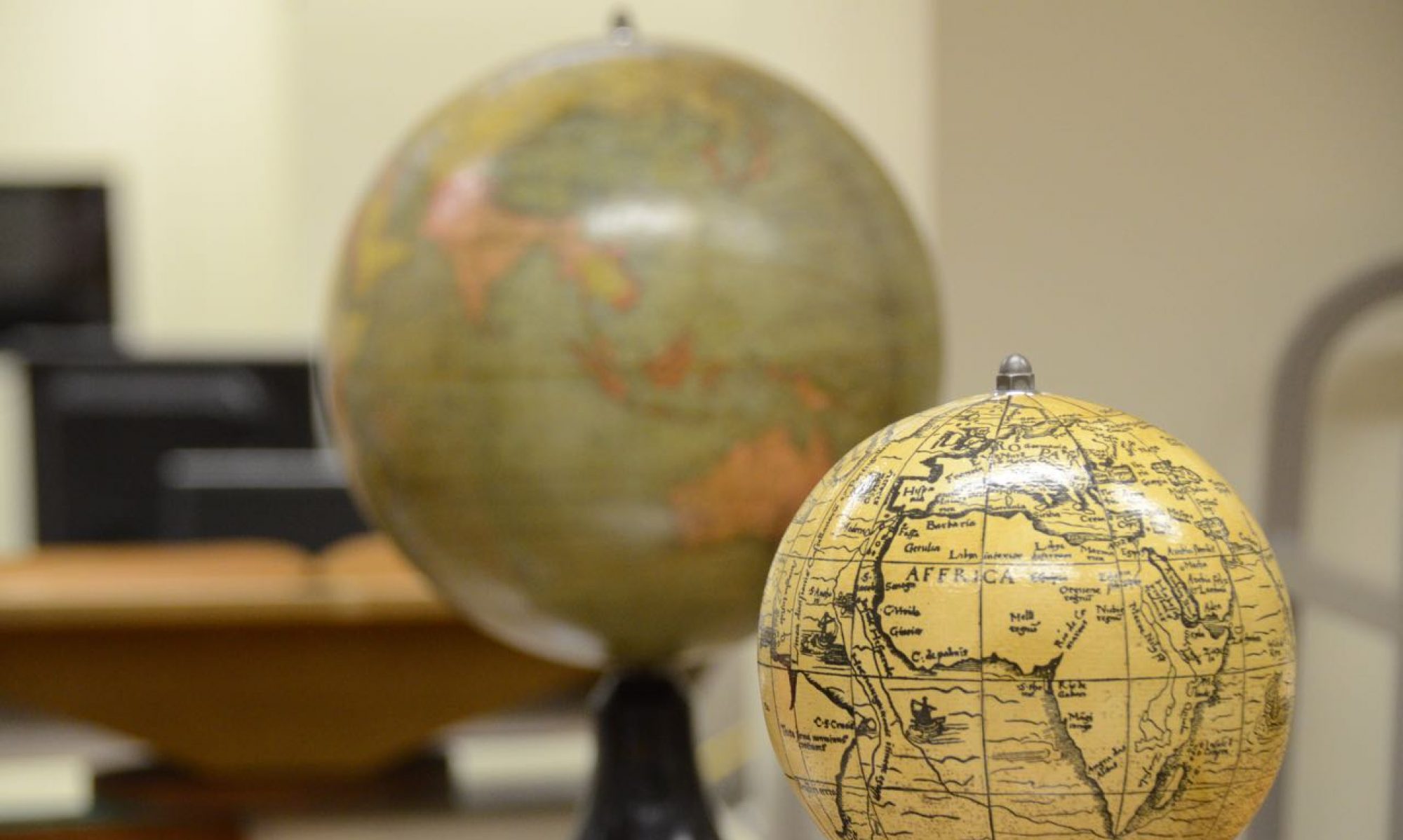Letters
March 2017
I learnt from the presentation that the Partisan Song is a resistance song that was sung by the Jews in the Warsasw Ghetto Upsrising and in the concentration camps. It was adopted by many Jewish Partisan groups as a motto that future generations will always continue to exist. This song gave the Jews hope that there would be freedom and that the camps would eventually be liberated.
It is significant because it became the symbol of resistance against Nazi Germany’s persecution of the Jews and the Holocaust. The importance of the Partisan Song is that we never forget the persecution of the Jews in Nazi Germany and the atrocities of the concentration camps.
Ryan Lanesman – attended Eli Rabinowitz’s presentation at King David Linksfield on 7 February 2017.
March 2017
Hi Eli,
I found the links, I sat in front of my laptop and sobbed watching them. It’s beautiful to see the kids carrying on the tradition and not just because they have to, they did it with a force!
Thanks again!
Sharon Mintz, San Diego, CA
Hi Eli
Please don’t get excited by my email, I have nothing to contribute, I just wanted to say that I love what you are doing and hope to be able to follow it. My great uncle, Itzchak Mintz, was a partisan from Dywin, Belarus. kI believe he was involved in Betar before the war, I’m not sure who he fought with. He died towards the end of the war. I’m working now to learn more about him but to even hear songs that he sang or heard as he showed such unbelievable strength would be an amazing experience. Thank you.
Sharon Mintz, San Diego, CA
Hello Eli,
I grew up in Winnipeg, Canada and attended the I.L. Peretz School (a Yiddish Day School) from kindergarten through grade 7. I was a member of the choir. We sang Zog Nit Kayn Mohl As Du Gayst Dem Letsten Veg yearly. We would follow the song immediately with the Palmach Song. I remember it as if it were yesterday.
I have lived in Skokie, Illinois since 1992. Skokie had a very large population of Holocaust survivors (and hence the KKK decided to march in Skokie in the 70s leading up to the movie with Danny Kaye). The shul that I belong to still hosts the annual Holocaust Remembrance Day although the numbers attending have drastically dwindled. Zog Nit Kayn Mohl is still sung, and I still cry, now more than ever.
I don’t have any video recordings of choirs singing this song. I just wanted to share my experience. Thanks for listening.
Michele Zell Kanter
Good morning from New York City, Eli!
The “Partisanen Lid” was part of every Workmen’s Circle seder when I was growing up; I can still hear my bubbe’s voice in my mind’s ear on the last two lines.
Here is a version by the legendary Paul Robeson. My mother had the honor of sharing a stage with him at Madison Square Garden in 1947, at the celebration of Israel’s impending statehood. She says that after he kissed her cheek, she didn’t wash it for a week.
Zayt gezunt!
Anita Bonita
I have sung this in Yiddish in both concert and, as Hazzan in my synagogue. I never liked the English translation. I am certain, from the way the prosody works, that this song was written in Yiddish and never sung in Russian. Good luck in your endeavor.
Rabbi Richard Allen, PhD.
Rochester, NY 14625
Links:
История одной песни: “Zog Nit Keyn Mol” / “Никогда не говори никогда” / “Гимн еврейских партизан”

Это пример еще одной антинацистской песни, приобретшей международную известность. Одно из наиболее известных исполнений – аутентичный текст на идиш, поет…
История одной песни: “Zog Nit Keyn Mol” / “Гимн еврейских партизан” (продолжение)

Начало см. здесь: http://naiwen.livejournal.com/1460215.h tml Разберемся с историей мелодии песни еврейских партизан. В 1937 году в СССР появился документальный фильм «Сыны трудового…
Source: naiwen.livejournal.com/1460587.html
Thanks to Janet Furba
Glik1
Source: www.berkovich-zametki.com/Nomer27/Glik1.htm
Thanks to Mikhail Matusov
http://onegshabbat.blogspot.com.au/2012/04/blog-post_18.html
מסע מן הכורסא: בעקבות ‘שיר הפרטיזנים’

אחד השירים המזוהים ביותר עם זיכרון השואה והגבורה הוא ‘שיר הפרטיזנים’ , (מוכר גם במילות הפתיחה: ‘אל נא תאמר הנה דרכי האחרונה’). השיר חו…
Source: onegshabbat.blogspot.com.au/2012/04/blog-post_18.html
Thanks to Chaim Rubinstein

